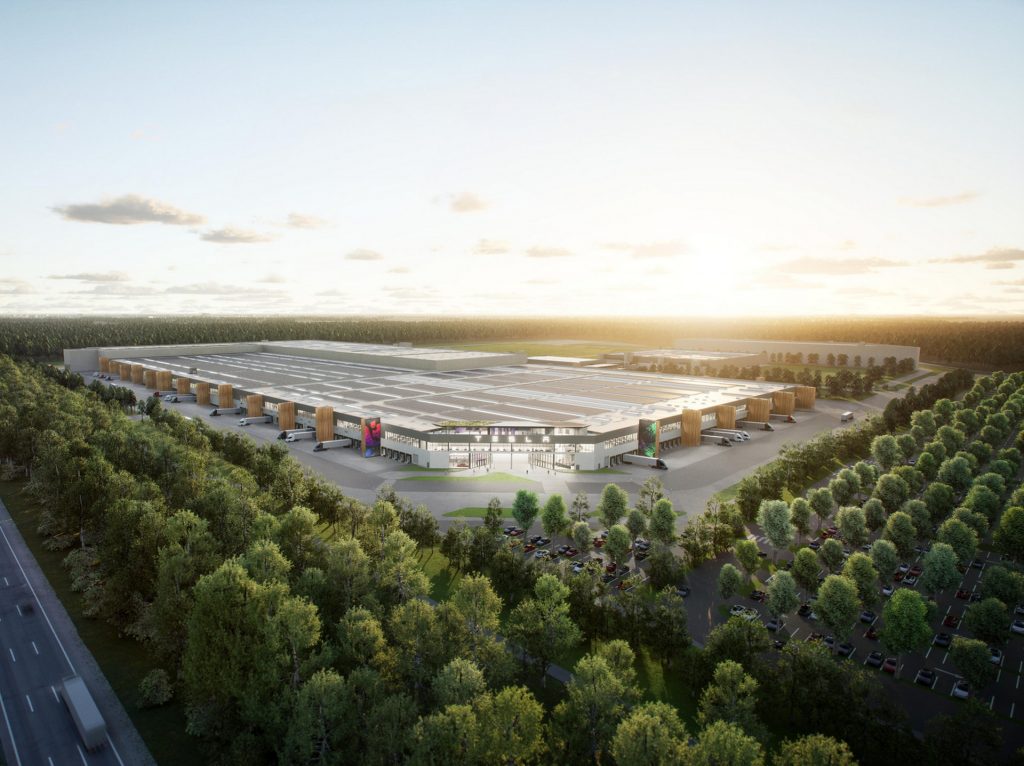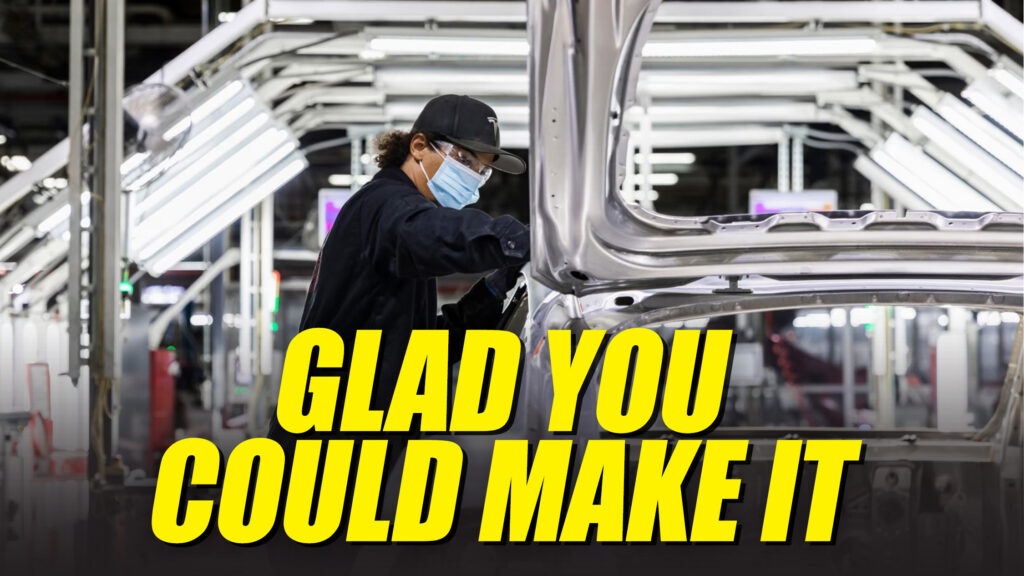- Managers at Tesla’s Berlin Gigafactory in Germany are knocking on the doors of employees on sick leave to check if they’re really ill.
- The Berlin plant is struggling with an absentee rate three times higher than the national average.
- Bosses offered a €1,000 bonus to employees with good attendance, but it hasn’t fixed the problem.
Most people don’t get through a working year without skipping a day or two because they’re ill, or at least claim to be. But employees at Tesla’s Berlin gigafactory are pulling so many sickies that bosses have taken to calling their houses to see if they really are unwell.
The average rate of sick leave in Germany during 2023 was 6.1 percent, the country’s Handelsblatt newspaper reports, and in the car industry, it stood at 5.2 percent. But in Giga Berlin the rate is up to three times as high, reaching 17 percent this past August, before falling to a still-high 11 percent the following month.
Related: Tesla’s Giga Train In Germany Is Impressive, But It Didn’t Build It
Tesla’s initial response was rage and implied threats of job cuts.
“We will not tolerate some people bending their backs for others who just don’t feel like coming to work,” plant manager André Thierig told a company meeting. “There is no room in this factory for people who “don’t get out of bed” in the morning.”
But when the sick rate remained high Thierig and HR manager Erik Demmler concocted a plan to offer a €1,000 ($1,115) reward to Tesla staff who turned up more than 95 percent of the time. And when that wasn’t enough to change the attitudes of workers, the men reportedly described as “dishonorable,” the pair got into a car and started knocking on doors.

Home visits like this, even unannounced, are not illegal in Germany, employment lawyer Till Heimann from the law firm Kliemt told the paper. But that doesn’t mean the visitors are welcome. Dirk Schulze of the IG Metall union described Tesla management’s door-knocking plan as an “absurd” response to problems caused by the heavy workload employees face at the plant. That workload encourages absenteeism, which places the remaining workers under more pressure, and so it goes on.
“If the factory management really wants to reduce the number of sick days, it should break this vicious circle,” Schulze told Handelsblatt.




